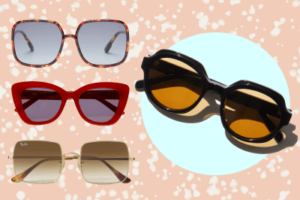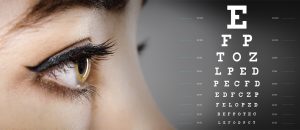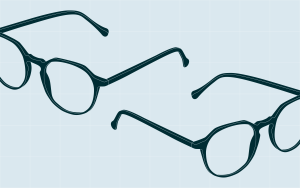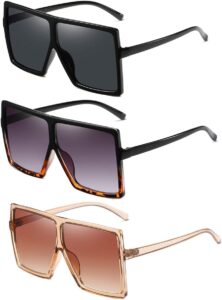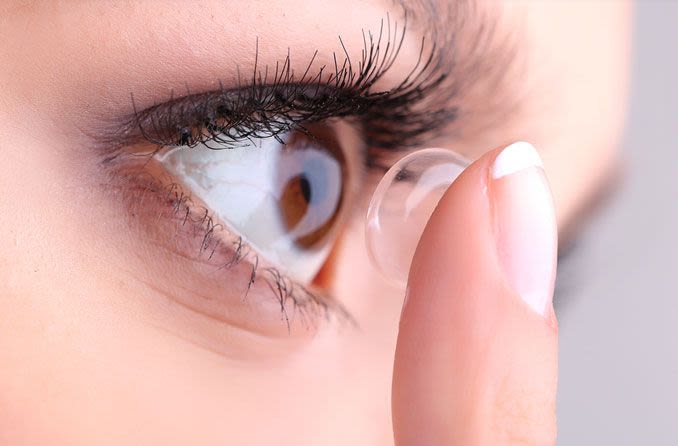
The Ins and Outs of Contact Lenses: A Beginner’s Guide
If you’re considering contact lenses for vision correction, it’s important to have a basic understanding of what they are and how they work. Here’s a beginner’s guide to the ins and outs of contact lenses:
What are Contact Lenses? Contact lenses are thin, curved discs made of various types of materials, such as soft plastics or silicone hydrogel. They are designed to sit on the surface of the eye and correct vision by refracting light. There are different types of contact lenses, including daily disposables, extended wear lenses, and specialty lenses.
How Do Contact Lenses Work? Contact lenses work by correcting vision errors, such as nearsightedness, farsightedness, and astigmatism, through the process of refraction. The curvature of the lens bends light as it enters the eye, allowing the retina to receive a clear image. To ensure proper vision correction, it’s important to have a proper fitting and prescription from an eye doctor.
How to Use Contact Lenses Using contact lenses requires proper hygiene and care to avoid infection or other complications. Here are the basic steps for using contact lenses:
- Wash your hands thoroughly with soap and water.
- Remove the contact lens from its packaging and inspect it for damage or debris.
- Place the lens on the tip of your finger, using your other hand to hold your eyelid open.
- Gently place the lens on your eye, making sure it’s centered and in the correct position.
- Blink a few times to ensure the lens is in the correct position and comfortable.
- Repeat the process for the other eye.
It’s important to follow the care instructions provided by your eye doctor or contact lens manufacturer to avoid infection or other complications.
Pros and Cons of Contact Lenses Contact lenses offer several advantages over glasses, such as wider field of vision, better for physical activities, and a more natural look. However, they also have some disadvantages, including discomfort for some wearers, potential for dry eyes or other irritations, and a higher cost than glasses. It’s important to consider both the pros and cons before deciding if contact lenses are right for you.
Overall, contact lenses can be a convenient and effective option for vision correction, but it’s important to work with an eye doctor to ensure proper fitting and care to avoid potential complications.




